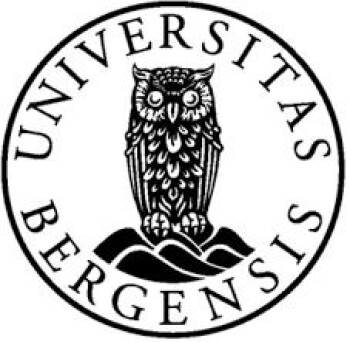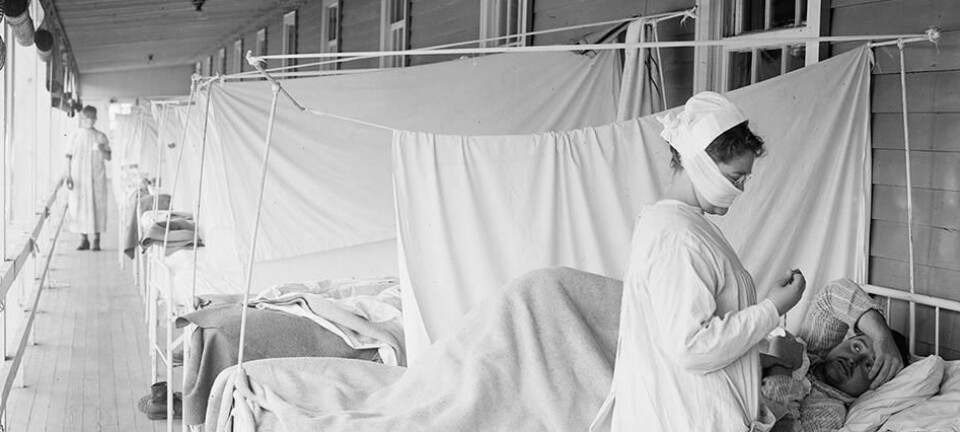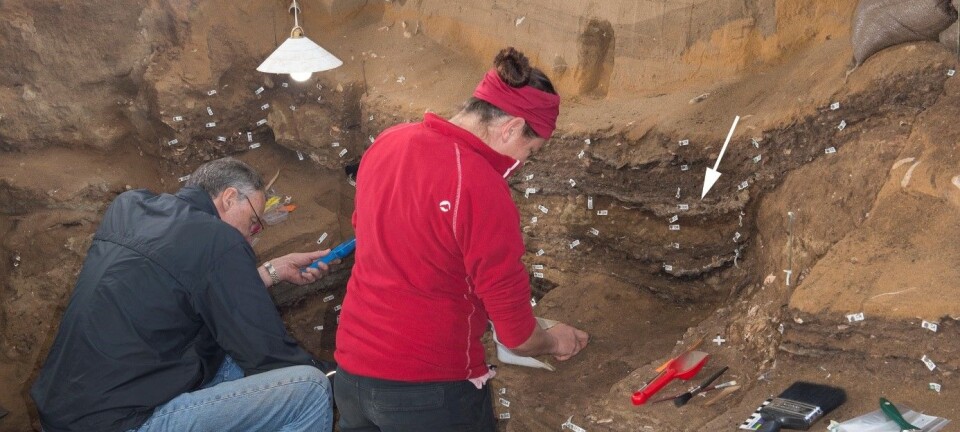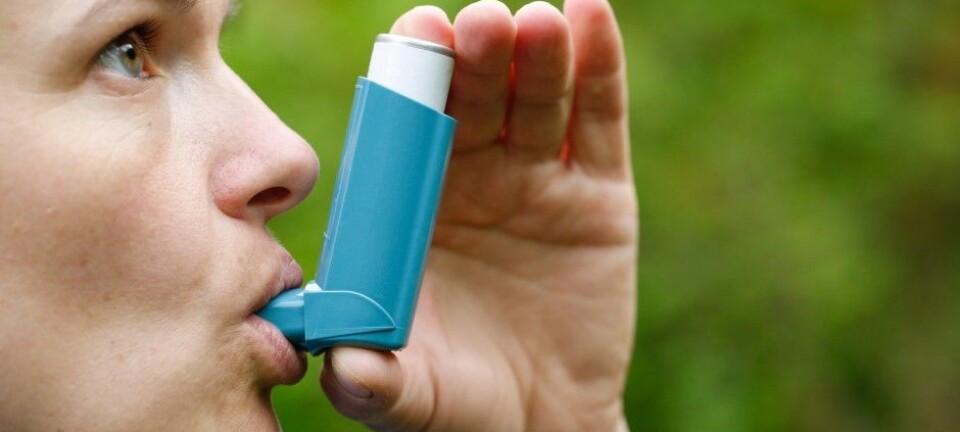This article was produced and financed by the University of Bergen - read more
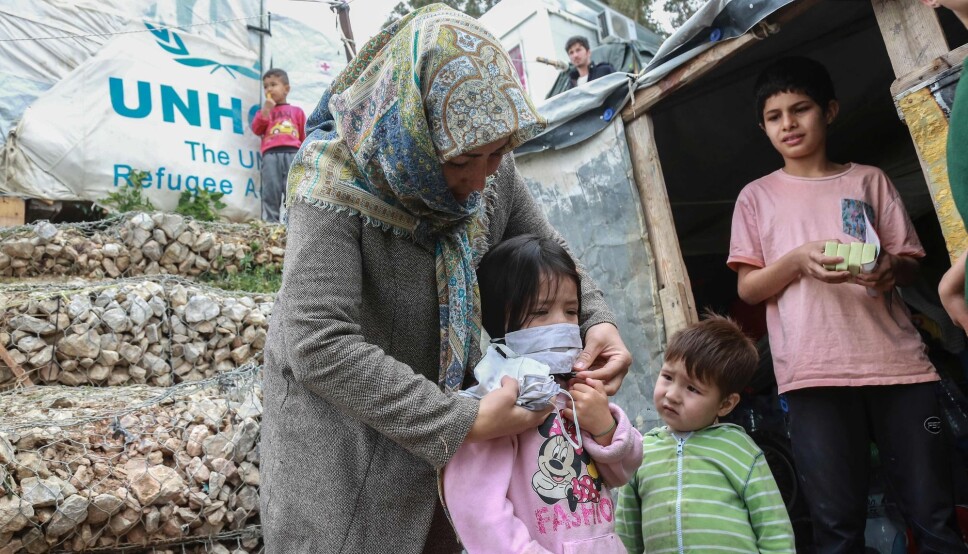
How is the Corona pandemic affecting the lives of refugees, asylum seekers, and migrants?
Three experts share their insights from Greece, France and Canada.
"Travel restrictions do not stop the flow of refugees to Greece"
Theofanis Exadaktylos is Senior Lecturer in European politics at the University of Surrey in the UK. He has been researching the Greek financial crisis and the aftermath of austerity politics on Greece for many years alongside studying the implementation of public policy reforms in the country. He says the following about the situation in Greece:
"According to medical reports, there are currently eight confirmed cases and one death on the island of Lesvos. The island is already quite stretched out in terms of the medical facilities available and the medical personnel and a further outbreak is likely to bring down any capacity of the island to cope. The refugee camps, especially the one in Moria, are already in a bad state with limited sanitary facilities and low accommodation standards.
The restrictions on movement currently imposed on the whole of the country are quite severe but the flow of new refugees has not stopped. The government has requested European support to accelerate the transfer of refugees to the mainland where, understandably, medical facilities are better equipped and, in this way, reduce the strain on the camps on the islands. An outbreak of infections in a camp will be devastating."
"You can’t self-isolate if you don’t have a home to stay in"
Christine M. Jacobsen is a professor of Social Anthropology and Director of the Centre for Women’s and Gender Research at the University of Bergen, Norway. For many years, she has conducted fieldwork among asylum seekers and undocumented migrants in Marseilles, France. She is now observing how the ongoing corona pandemic is affecting their situation:
"Many asylum seekers and undocumented migrants are not able to practice preventive measures such as staying at home, physical distancing, and good hygiene practices simply because they don’t have a home to isolate themselves in. Current reception policies and practices have left large numbers of people without housing, who now live in informal camps, squats, overcrowded and run-down apartments or on the street. NGOs are working to spread awareness about Corona and preventive measures in different languages, but even if the information reaches them, it may be virtually impossible for people to implement these measures under such living conditions.
The current situation reveals how precarious the situation of asylum seekers and undocumented migrants is, given that they are not included in the general health and welfare arrangements that citizens profit from."
"Asylum seekers returned from Canada to US amidst COVID-19 pandemic face detention"
Idil Atak is an Associate Professor in the Department of Criminology and in the Law School of Ryerson University, Toronto. For many years, she has conducted research and published on the securitization of Canada’s refugee system and its implications for asylum seekers and irregular migrants. She says the following about how the Corona pandemic is affecting migrants and refugees in Canada:
"As a response to the coronavirus pandemic, on March 20, 2020, Canada and U.S. have decided to close their common border to all but essential travel. The same day, Prime Minister Justin Trudeau announced that asylum seekers who are crossing the border irregularly from the U.S. will be turned away when they reach Canada.
The government justified the border closure by security concerns around screening people at irregular border crossings for COVID-19. The measure has been criticized by refugee advocates in a context where the US authorities declared that immigration enforcement, including detention and removal of non-citizens would continue during the pandemic. Canadian Council for Refugees, an NGO, expressed concerns that "people turned back to the US will be put in detention if they don't have status. Immigration detention in the U.S. was already a serious rights violation [and] the situation is even worse now with the pandemic putting detained people at risk.
Since January 2017, more than 54,000 third country nationals crossed irregularly the Canada-U.S. land border between ports of entry to claim asylum in Canada. The 2004 Canada-US Safe Third Country Agreement requires asylum seekers to claim refugee protection in the first safe country - the US or Canada- they pass through. It leaves no option to these individuals, but to arrive irregularly in Canada since the agreement applies only to asylum claims made at official ports of entry along the land border."







